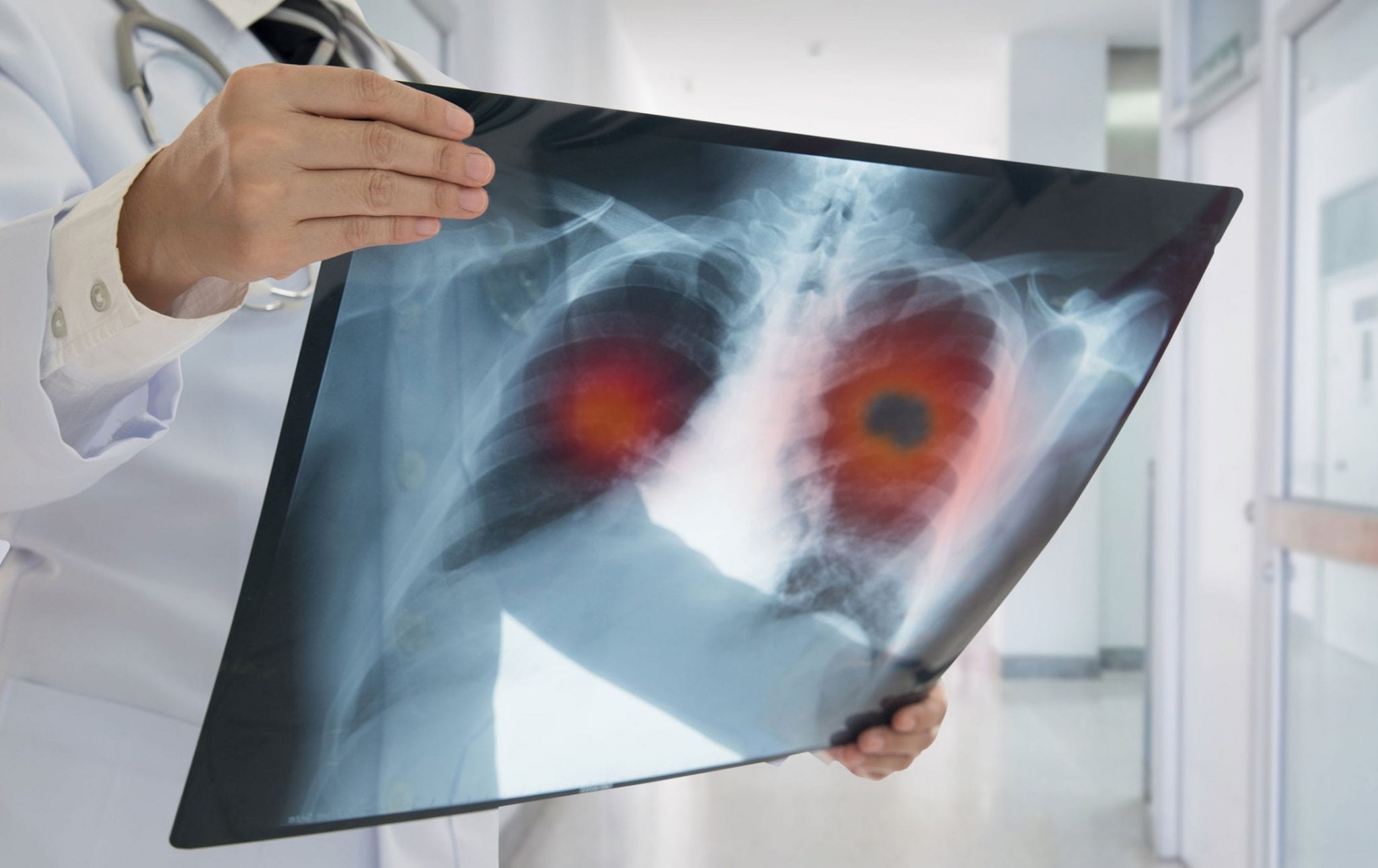<< Back
What to Expect From Lung Cancer Treatment

December 06, 2018
 Dr. Wylie Hosmer
Dr. Wylie Hosmer
There have been rapid developments in the treatment of lung cancer in the last 10 years. Fortunately, because of earlier detection and improved therapies for patients with lung cancer, the outcomes for patients have improved significantly in recent years.
The therapies used for treatment of lung cancer — chemotherapy, radiation, and surgery — certainly cause many acute side effects. But, here, the focus will be on the potential long-term impact of therapy. Many survivors of lung cancer share similar long-term complications or survivorship issues with other cancer patients, but there are certainly some unique aspects to thoracic cancers.
The majority of lung cancers remain tobacco-related. Quitting smoking remains critical for any patient who has been treated for a lung cancer. The ongoing effects of tobacco use can further impact normal lung function and remain a strong risk factor for development of further lung and other cancers. Within the Hartford Healthcare Cancer Institute, there are many resources available to help with smoking cessation. The first step is to decide it is time to quit and then ask for help and resources.
The impact of smoking on the lung is considered a “field effect.” This means that the potential cancer-causing changes in normal lung tissue may be present throughout the lung, including areas away from the cancer itself. This raises the possibility of developing a second lung cancer in the future. One of the keys to success in the treatment of lung cancer is periodic surveillance and early detection of a cancer when it is small and easier to treat. To detect any new cancer early, all lung cancer survivors are recommended to have ongoing Chest CT scans. These should be done at least once a year on an ongoing basis.
One of the biggest breakthroughs in the treatment of lung cancer has been the development of immunotherapy treatment. These medications harness the power of the immune system to fight against the cancer. Unfortunately they do not work for everyone but some patients have prolonged cancer shrinkage from these medications. In patients whose tumors are responding, it is not clear when these drugs can be safety discontinued, and some patients may continue them for multiple years.
Long-terms effects can include changes in the bodies hormone system (for example low thyroid hormone), skin rash and other skin change, diarrhea and other bowel effects. Any new symptoms or side effects should be reported to your oncologist, as it can be difficult to determine what is related to treatment.
Lung cancers are treated with surgery, chemotherapy and radiation, both individually and in various combinations. Each treatment has the potential to cause unique long-term side effects. Surgery can cause pain on the chest wall, limitations related to reduced lung capacity, cough and shortness of breath. Radiation can cause inflammation within the lung (pneumonitis), long-term respiratory symptoms and may impact other organs in proximity to lung. Chemotherapy has significant short term side effects that fade within 3-6 months after therapy but can lead to chronic cardiopulmonary changes, nerve changes, bone changes, and nail and skin changes.
One thing that each treatment does have in common is the possibility to cause physical deconditioning as well as a decline in respiratory lung functions. It is critical to maintain as much physical fitness as possible during and after therapy. This is especially true around the time of a lung surgery. This can be accomplished through a home exercise routine or more structured physical therapy. The Hartford Healthcare Cancer Institute has a number of resources available for improving and maintaining physical fitness during and after cancer therapies.
Advances in the treatment of lung cancer have led to more and more people living after the diagnosis. This has increased the importance of having resources available to help optimize quality of life and address any long-term complications of therapy. Whether it is tobacco cessation, addressing physical fitness, or managing the unique side effects of immunotherapy, the Hartford Healthcare Cancer Institute has built the support to help every patient not only during only active therapy but also in the years that follow.
Dr. Wylie Hosmer is the Thoracic DMT Lead at the Hartford Healthcare Cancer Institute. For more information on lung cancer, click here.